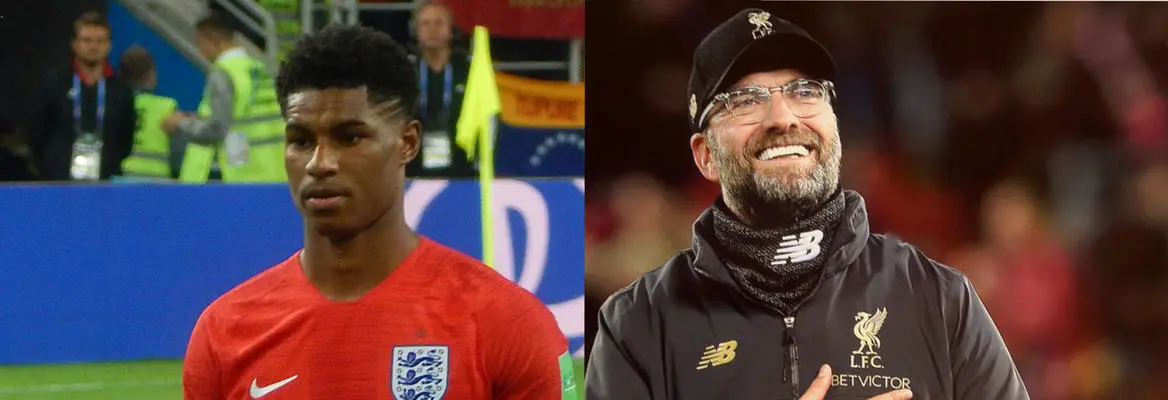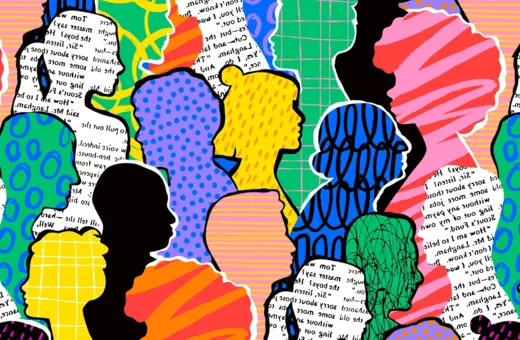Marcus Rashford’s activism did the impossible – it gave footballers a good name. So too, football manager Jürgen Klopp declined to comment on topics outside of his specialisation and stated, “it’s not important what famous people say”. Celebrity culture, on the whole though, is more rampant than ever. We are still a distance away from the ideal of ideas winning out instead of people, writes Tom Mole.
Amid the constant chatter of celebrity opinions circulating in all available media at all hours of day and night, it was a refreshing moment. On 5 March 2020, Jurgen Klopp, the famed manager of Liverpool football club, was asked – along with every other celebrity who faced a journalist’s microphone or notebook that week – what he thought about the novel coronavirus that was then sweeping the world, and the government’s plans to ban public gatherings, including football matches. ‘Look,’ Klopp said in his characteristically accented English, ‘what I don’t like in life is that [on] a very serious thing, a football manager’s opinion is important’. Perhaps, he suggested, this was a time to listen to the experts. ‘It’s not important what famous people say’.[1]
Perhaps, he suggested, this was a time to listen to the experts. ‘It’s not important what famous people say.’
He’d put his finger on a feature of our current celebrity culture that would seem strange if it hadn’t become so familiar. Celebrated individuals from all fields of endeavour are routinely asked for their views on all kinds of things – and they are rarely shy about giving them. A model recommends some Christmas present ideas, a musician gives his opinion on cancel culture, a comedian weighs in on foreign policy, a football manager is asked about epidemiology. Everyone’s entitled to their opinion, I suppose, but some people’s opinions get amplified more than others. Celebrities’ views are sought out and reported or broadcast, while experts find it hard to make their voices heard over the noise.
Celebrities’ views are sought out and reported or broadcast, while experts find it hard to make their voices heard over the noise.
As the pandemic unfolded, another strange feature of our celebrity culture came into view. Celebrities turned into experts and experts turned into celebrities. Overnight, donnish epidemiologists became household names, subject to media discussion not only for their scientific opinions but also for their personal style. Jonathan Van Tam’s rococo similes, the regularly changing art in Devi Sridhar’s Zoom background, and the visits Neil Ferguson’s partner made to his home all became matters of public interest. Celebrity culture exerts its own distorting pull on public discourse, turning even unwilling participants into celebrities.
This might all seem like a new phenomenon, a product of our media-saturated, opinion-drenched, Instagram-addicted age. But celebrity has its own history. Historians have found it hard to agree on when our modern culture of celebrity first appeared. Was it tied to television, film, or newspapers? Did it start with actors, writers, courtesans, or politicians? Is there a decisive break between modern celebrity and earlier cultures of fame? And why, exactly, are some of these people famous anyway?
I think modern celebrity took shape at the end of the eighteenth century.





















Join the conversation